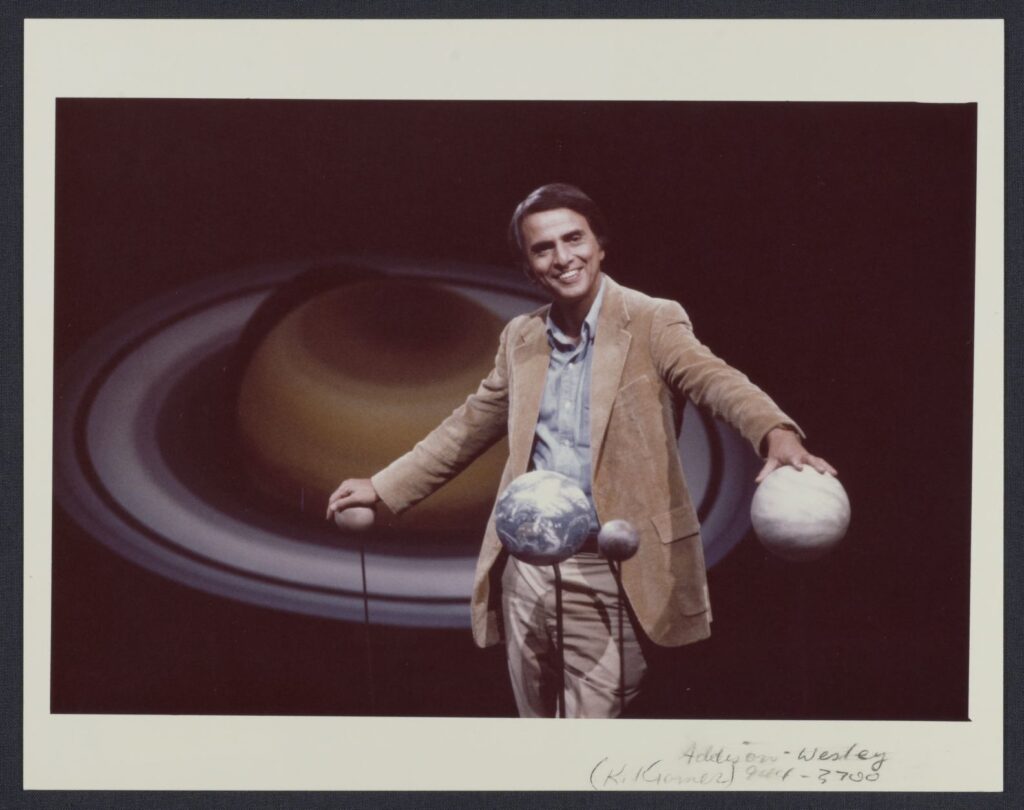
After Halloween, it’s still a mad and Demon-Haunted World.
On November 1, Kathleen Parker invoked the universalist humanism of Carl Sagan’s 1995 book by that name on the op-ed page of the Washington Post (“Time to abandon Twitter, people”) in contrast to “today’s increasingly vile and violent partisanship.” It’s not just the midterm elections that horrify Parker, but the stoking of divisiveness on social media, particularly on a Twitter now owned by Elon Musk.
Parker amends Sagan’s insistence that “if a human disagrees with you, let him live” to a suggestion that if Musk’s Twitter becomes overrun by reactionaries, we should “let them live — among themselves.”
Musk’s “free speech absolutist” approach to Twitter may terrify Parker, but Sagan feared that free speech would be restricted to prevent “foreign authors” from “spouting alien ideologies” or atrophy “when no one contradicts the government.” If anything, Sagan was too sanguine that hot-button issues would be dealt with by “shav[ing] a little freedom off the Bill of Rights” rather than a lot.
Rather than calling for top-down oversight of the emerging information superhighway, Sagan welcomed “inexpensive computer self-publishing” as a means to avoid “a very narrow range of attitudes, memories and opinions.” Noting how quickly “the apparatus for generating indignation” had whipped up support for a war against Saddam Hussein, “someone almost no American had heard of” before 1990 (and of whom he was “not myself an admirer”), Sagan doubted that such expansive “power to drive and determine public opinion will always reside in responsible hands.”
The host and coauthor of Cosmos was updating the view of the host and coauthor of The Twilight Zone. Rod Serling wrote that Playboy magazine’s 1966 interview with American Nazi Party leader George Lincoln Rockwell was “a public service of infinite value,” since “it is not public exposure that helps these perverters of human dignity” but the “apathy” resulting from its absence.
Writing for Futurism.com on September 26, Sam Sagan and Ann Druyan (who had coauthored the defense of free speech with her husband Carl in The Demon-Haunted World) reiterated that “we can no longer afford to stay in our silos, occasionally lobbing angry invectives at our antagonists. We can’t afford to stop communicating with each other.”
Calls for online communication to become even more siloed — and for a marketplace of ideas closer to the chartered monopolies of the East India Companies than open agoras — are what really scare me.
New Yorker Joel Schlosberg is a senior news analyst at The William Lloyd Garrison Center for Libertarian Advocacy Journalism.
PUBLICATION/CITATION HISTORY
- “Think Universally, Act Neighborly” by Joel Schlosberg, OpEdNews, November 12, 2022
- “Think universally, act neighborly” by Joel Schlosberg, The Times and Democrat [Orangeburg, South Carolina], November 15, 2022
- “Free speech, Twitter and a demon-haunted world” by Joel Schlosberg, The Press [Millbury, Ohio], November 18, 2022


